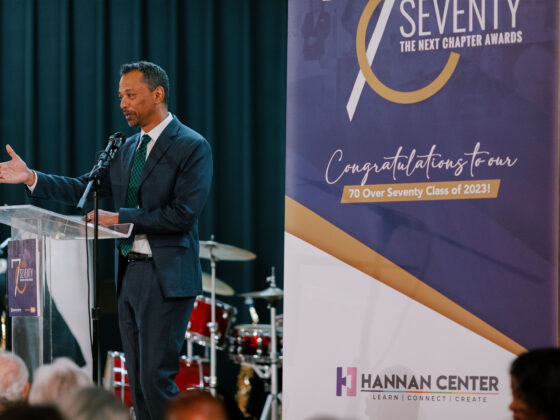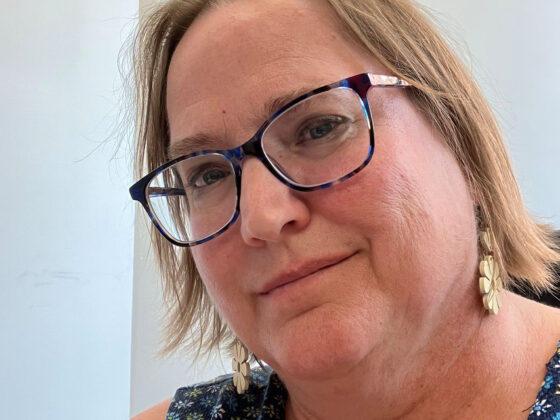Most of us have heard some version of the golden rule, “so whatever you wish that others would do to you, do also to them.” This code of conduct, while Biblically based, is also reflected in the texts of other world religions such as Judaism and Islam. It is a simple principle; if we love ourselves, then we have an internal guide as to how we should behave toward others.
It’s probably a good thing that the rule doesn’t lay out the criteria for when it is appropriate to treat people as we would like to be treated because some of us can act in ways that make it difficult for others to respect or love us. In spite of our shortcomings, we cling to the expectation that others deal with us with fairness, and yet we somehow fail to extend the same grace to others.
Take for instance our government’s current policy of separating children from parents who have been caught trying to enter the U.S. illegally. For those of us who are parents, no matter where we stand on the immigration debate, there’s empathy to be felt for the trauma that those children must experience as they are taken away from the only security they know. Yet one-third of Americans polled felt the policy to be just and fair, and our government has cited Biblical support for its actions.
Another example is the recent Supreme Court decision that upheld a baker’s right to deny service to a gay couple based on his religious belief. While less traumatic than separating children from their parents, it still raises issues of equity and fairness.
In each of these examples, is the golden rule guiding these policies and decisions?
According to Roger Severino, the top civil rights official at the Department of Health and Human Services (HHS), “religious freedom is a primary freedom, that it is a civil right that deserves enforcement and respect.” To this end, HHS has created the Division of Conscience and Religious Freedom to protect doctors, nurses and other healthcare workers who refuse to treat certain people because of moral or religious objections.
It doesn’t require much imagination to foresee how this policy might play out in our increasingly polarized society. For older adults who are members of the LGBT community, the possibility that they could be denied service based on religious freedom makes their later years more precarious. Unlike the general population of senior citizens, LGBT older people are less likely to have children or family to lean on during a crisis. It is vital that they have the same access to services, businesses, and programs that everyone else has. So, how might those of us who are Christian and follow a certain religious code reconcile our beliefs and actions when we encounter situations that violate that code?
The book of Matthew provides an answer. “Love the Lord your God with all of your heart and with all your soul and with all your mind. This is the first and greatest commandment. And the second is like it: ‘Love your neighbor as yourself. All the Law and the Prophets hang on these two commandments.” That’s what Jesus would do.
Vincent Tilford, Executive Director
Hannan Center




Thank you for a thoughtful and much needed commentary.